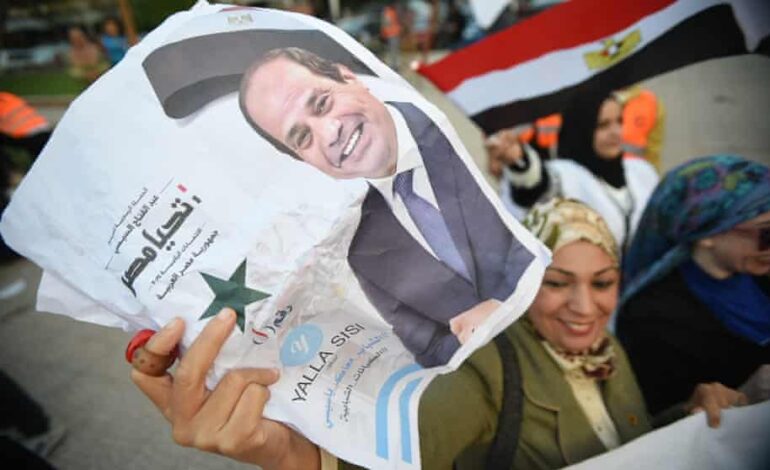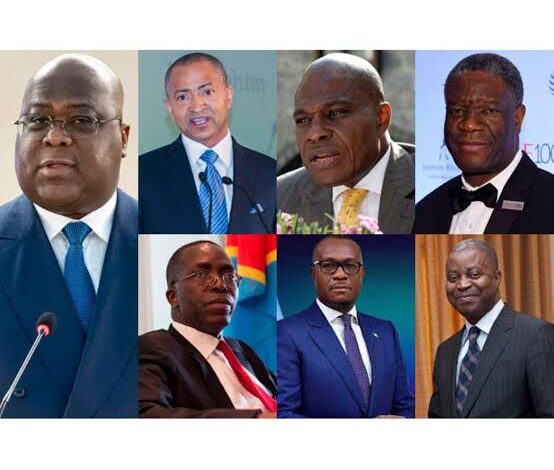
Faith Nyasuguta
In a decisive electoral outcome, President Abdel Fattah al-Sisi secured a third term in Egypt’s presidential election held on December 10-12, clinching an overwhelming 89.6% of the vote, as announced by the National Election Authority.
This electoral victory follows a constitutional amendment in 2019 that extended the presidential term to six years and allowed President Sisi to seek reelection.
The voting day witnessed a prevalent sense of indifference among the Egyptian populace, with a prevailing sentiment that the outcome was predetermined.
President Sisi attributed his resounding victory to the rejection of what he termed an “inhumane war” in the neighboring Gaza Strip. He underscored the Israel-Gaza conflict as the foremost challenge facing Egypt, a sentiment that resonated with some voters.
While three additional candidates participated in the election, none emerged as significant challengers. Notably, a potential high-profile contender withdrew from the race in October, citing harassment of supporters—an accusation that was promptly dismissed by the election authority.
Critics, including Hossam Bahgat from the Egyptian Initiative for Personal Rights, decried the lack of genuine competition, accusing President Sisi of leveraging state apparatus and security agencies to sideline potential contenders.
Observations by Reuters correspondents documented instances of voters being transported to polling stations, and there were allegations of employers pressuring individuals to cast their votes.
Despite such claims, Egypt’s state media body defended the election, portraying it as a crucial step toward fostering political pluralism while dismissing allegations of electoral rule violations.
President Sisi’s presidency has been marked by ambitious infrastructure projects, including the construction of a new capital east of Cairo.
While these endeavors have garnered admiration, there is a growing segment of the population critical of their perceived extravagance.

The country grapples with economic challenges such as inflation, foreign currency shortages, and mounting debt, contributing to increased criticism of prevailing economic policies.
In a televised speech aired on state television, President Sisi expressed commitment to advancing the “new republic” vision and called for shared efforts toward its realization.
While potential economic decisions, including currency devaluation, could follow the election, experts suggest that Egypt’s governing structure, characterized by military dominance, is unlikely to undergo substantive changes.
The continued repression of dissent is viewed as a significant deterrent against potential unrest, solidifying the existing political landscape.
RELATED:




